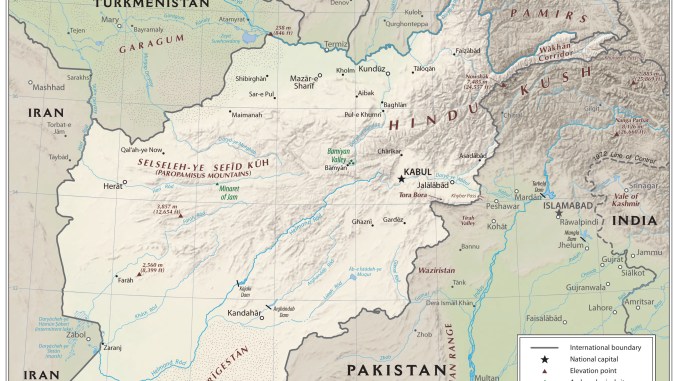
The National Unity Government (NUG) of Afghanistan is the outcome of the miss-managed and corrupt Afghan presidential elections held in 2014. A negotiated settlement between the two major contenders resulted in Ashraf Ghani becoming President and Abdullah Abdullah becoming Chief Executive Officer (CEO).
Since the fall of 2014 Afghanistan’s government has been fractured between the two political camps. The resulting situation has had adverse ramifications that have affected the economic, security, and political situation of Afghanistan. In addition, the poor performance of the NUG may have an effect on the continued presence of international troops in the future as well as the willingness of donor nations to keep providing funding for the Afghan government and the Afghan National Defense and Security Forces (ANDSF).
A recently published paper explores the history of Afghanistan’s government, the recently established NUG, and provides recommendations for the way ahead. Read in The U.S. Presence and Afghanistan’s National Unity Government: Preserving and Broadening the Political Settlement, by Barnett R. Rubin and Georgette Gagnon, Center on International Cooperation, NYU, August 2016.